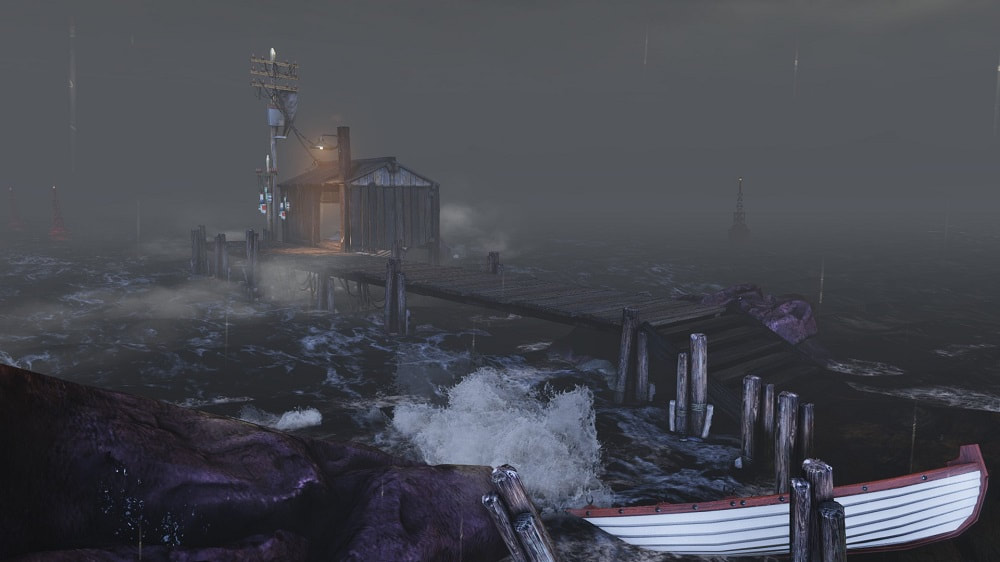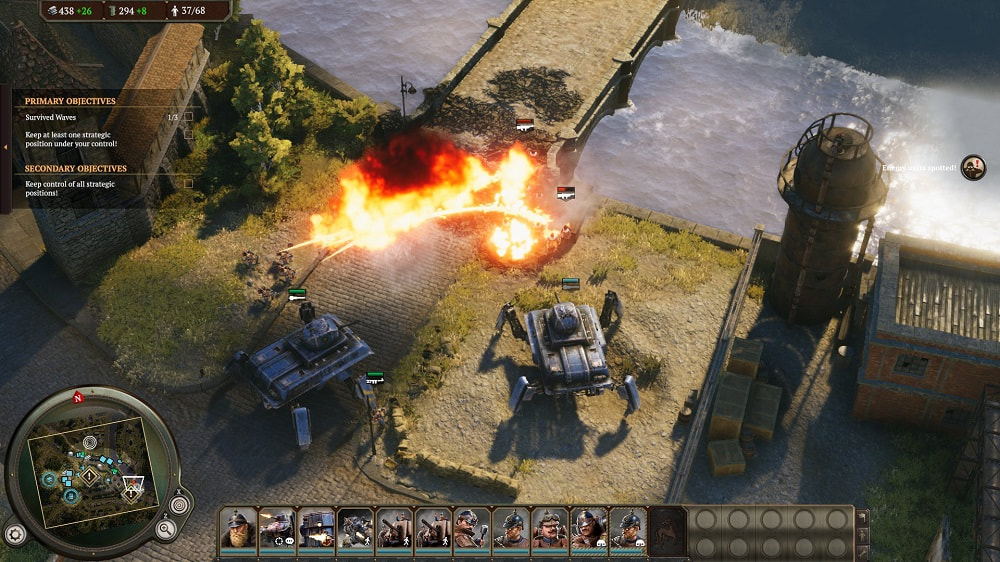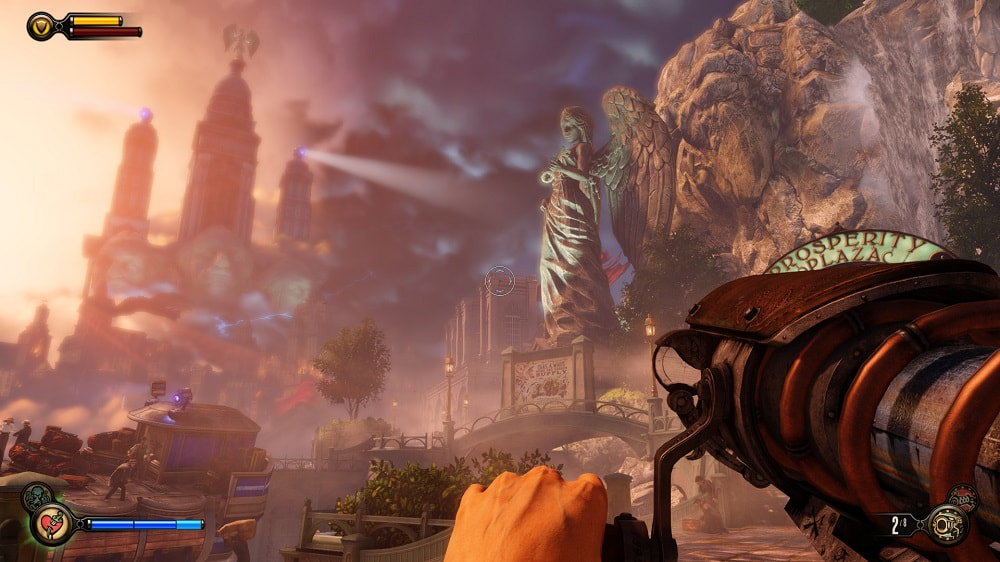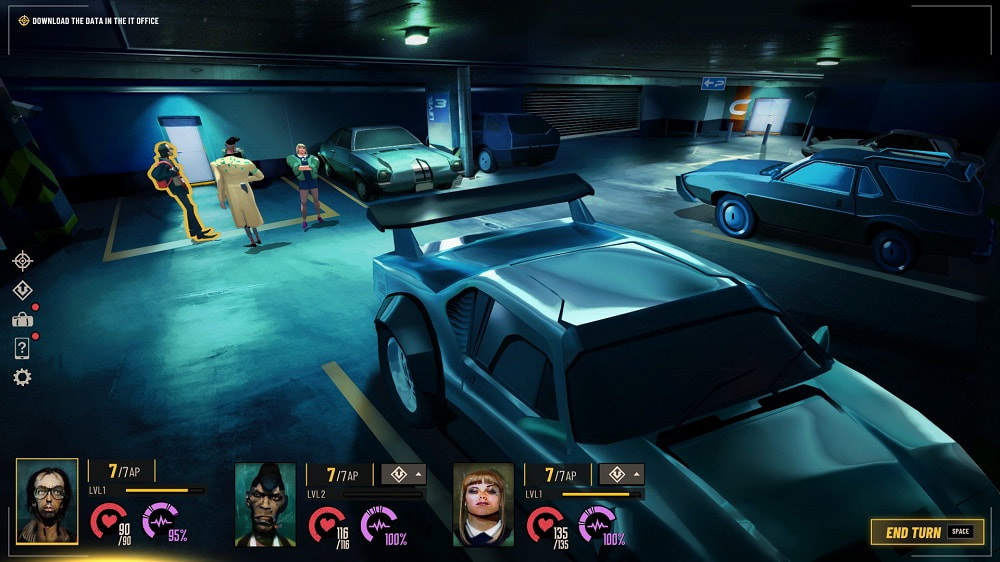|
Another month bites the dust, and it was a busy one for me. Writing for Entertainium, I reviewed three games in September - a record. First up was Circus Electrique, an interesting mix of management and turn-based battles in steampunk London. I was much less impressed by No Place for Bravery, a Brazilian indie Soulslike which I found to be way wide of the mark. Conversely, I liked Sunday Gold far more than I expected to. My hatred of point-and-click adventure games is on the record, but this one won me over with its logical puzzles and the addition of its own turn-based combat.
This month’s update also features two older games. I caught up with Iron Harvest (2020), a noble effort to revitalise the ailing real-time strategy genre which meets with mixed results. And lastly for September, I finally played BioShock Infinite (2013), a full nine years after it came out. Irrational’s sequel is showing its age a bit, but it’s still easy to see why it received such a rapturous reception at the time. My take on all these games, as well as a preview of what I’ll be playing in October, is below the cut.
Iron Harvest (2020)
Developed by King Art Games, published by Deep Silver To my mind, there are few nobler causes in games development than trying to keep real-time strategy alive. The genre was a powerhouse in the 1990s and 2000s, but due to its need for a mouse and keyboard it was severely undermined by the rise of cross-platform development and has been on life support for years now. Built on the work of Polish artist Jakub Różalski, Iron Harvest is a dieselpunk RTS set in an alternate 1920s and a very respectable, if flawed, effort to resuscitate the genre. In gameplay terms, the large and obvious influence is Company of Heroes (2006), but here the tanks are replaced with big, stomping mechs. The single-player campaign is intelligently structured and has a fairly interesting story, and the combat has an excellent sense of spectacle. For me though, a few things hold Iron Harvest back. A few campaign missions, particularly while playing as Saxony, feel poorly balanced and in general the combat can be infuriatingly grindy and tiresomely reliant on attrition. The game’s biggest issue, though, is the lack of faction variety. The differences between Polania, Rusviet and Saxony are largely aesthetic. Several units are near-identical, and even unique ones represent direct equivalents from another faction. The game could have benefited enormously from the kind of asymmetry used in Company of Heroes or StarCraft II (2010). Iron Harvest does show real potential, though, and perhaps King Art Games may yet be able to open a new chapter in the history of strategy games.
Circus Electrique (2022)
Developed by Zen Studios, published by Saber Interactive The first of the games I reviewed for Entertainium during September, Circus Electrique is an interesting prospect. Zen Studios are mostly known for being possibly the preeminent developer of pinball games, but this is something very different - part circus management, and part steampunk turn-based tactics. The concept isn’t quite as original as it first appears, because Zen has been very heavily influenced by Darkest Dungeon (2016). Their game has a friendlier, more colourful look and a less harsh difficulty curve, which together with the steampunk theme helps differentiate it. I was surprised by how compelling, almost addictive, Circus Electrique became. It balances the two layers of its gameplay quite cleverly, with the circus performers being the connective tissue between the two. Much of the game involves juggling (no pun intended) performers between shows in the circus, and battles on the streets of London. The story is thin, but the escalating challenges and thought-provoking decisions kept me engaged for quite some time and my review is very complimentary. My major misgiving is that the game outstays its welcome. The adventure is excessively long and sprawling, with too many battles which become frustrating slogs towards the end. This, I’m given to understand, is an issue which the game inherited from Darkest Dungeon. With this being said, I thoroughly enjoyed my time under the big top, and think Circus Electrique is well worth a look for fans of the two styles of play that it combines.
No Place for Bravery (2022)
Developed by Glitch Factory, published by Ysbyrd Games Even if, like me, you’ve not played the Dark Souls games or the other outputs of FromSoftware, it’s difficult to avoid the growing wave of games that are influenced by them. Just recently we’ve seen the release of fairly major games like Steel Rising and Thymesia, and there are also numerous indie projects with a lot of “Soulslike” DNA. One of those is No Place for Bravery, a 2D top-down action game developed in Brazil by Glitch Factory, and which I reviewed for Entertainium. As these things go, I think No Place for Bravery is well made. The pixel art and the soundtrack are excellent, and Glitch Factory have mostly succeeded in bringing the stamina-oriented gameplay of the Souls games into a 2D context. The game has some significant shortcomings, though. Its world, while attractive, doesn’t feel fresh in any way and in general the game lacks any specific hook. Frustratingly, the game also fails to lean into its best aspect - its combat - and instead packs levels with annoying trap sections which often have to be endured again and again. I sympathise with indie developers who feel a need to ape successful games in order to get a hearing - but No Place for Bravery lacks the personality of its own that it’d need to cut through in a very crowded market.
BioShock Infinite (2013)
Developed by Irrational Games, published by 2K Games Alarmingly, Irrational’s last game will turn ten next year. For no particular reason, it has taken me all this time to catch up with the third BioShock game and it’s been an interesting experience. I was surprised by how closely this sequel resembles the 2007 original. The games are structurally, visually, and thematically similar and to me, also share a lot of the same strengths and weaknesses. Like its forebear, Infinite is much more satisfying in aesthetic and narrative terms than it is in gameplay. Columbia, the floating city which is essentially a straight swap for the underwater setting of the first two games, is a great creation and some of the writing is very strong. Ultimately though, Infinite suffers in that it is a shooter - and the shooting is merely adequate, nothing more. Much of the combat is structured around small arenas, and this style has been done to a vastly higher standard in recent years. Some design decisions just seem plain wrong, like limiting the player to only two weapons and introducing a recharging shield. These are both cribbed from Halo, and seem a poor fit for BioShock. Call me a heretic, but I think Irrational should have dumped some of the subsystems here - like weapon upgrades, enhancements to powers, and equippable gear - and focused on improving the game’s core: its combat. To be fair to BioShock Infinite, a lot has changed in shooters since 2013 and this definitely colours my appraisal of it. Games like Doom (2016) have much better shooting, and Prey (2017) is a far superior successor to the so-called “immersive sim” gameplay of System Shock 2 (1999). Still, it's an entertaining game and one of the most ambitious shooters of its era.
Sunday Gold (2022)
Developed by BKOM Studios, published by Team17 Back in August, I played There Is No Game: Wrong Dimension (2020) and it gave me cause to mention my hatred of point-and-click adventure games. While I surprisingly got some enjoyment out of that recent French effort, Sunday Gold has really shocked me. Here’s a point-and-click adventure game that I actually think is pretty great! It helps that BKOM’s game has broadly logical puzzles, largely devoid of red herrings, but also that the game also has a strong turn-based tactics element. Now that’s a style of gameplay I’m more immediately on board with. Sunday Gold is set in the dystopian London of 2070, where the main past-time is racing vicious, cybernetically-enhanced zombie dogs (!). The malevolent corporation Hogan Industries and its billionaire maniac owner Kenny Hogan dominate the city. The player controls three criminal misfits who resolve to bring Hogan down: disgruntled hacker Gavin, laconic gunslinger Frank, and two-fisted activist Sally. The writing is generally very good, and the voice acting is also very strong. BKOM’s painterly art has provoked a lot of comparisons with Disco Elysium (2019), but it has a distinct vibe of its own. The game has some rough edges, especially in the combat which can become a little monotonous at times, but I found Sunday Gold to be a flawed gem and a pleasant surprise. My review is up now at Entertainium.
That does the job for this month. Next time around, you can expect a really bumper crop. At the end of October, I’ll be covering the new indie release Dome Keeper, which is essentially a mix of Steamworld Dig and Missile Command. I’ll also have things to say about cult sci-fi shooter Titanfall 2 (2016), forgotten strategy classic Rise of Nations: Rise of Legends (2006), and Metal Gear Rising: Revengeance (2013), which has had a resurgence in the memespace this year. Until then, please consider supporting what I do on Patreon, and be sure to keep up with what we publish at Entertainium.
0 Comments
Your comment will be posted after it is approved.
Leave a Reply. |
About
Exploring classic science fiction, with a focus on the 1950s to the 1990s. Also contributing to Entertainium, where I regularly review new games. Categories
All
|






